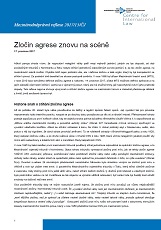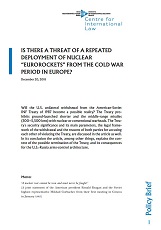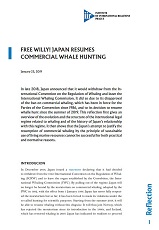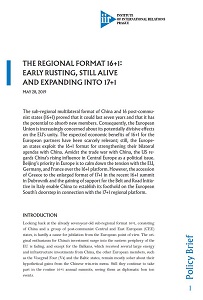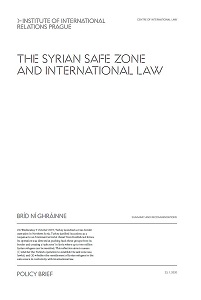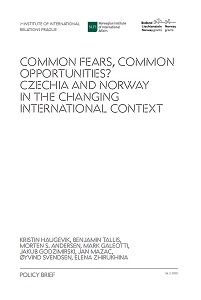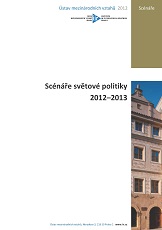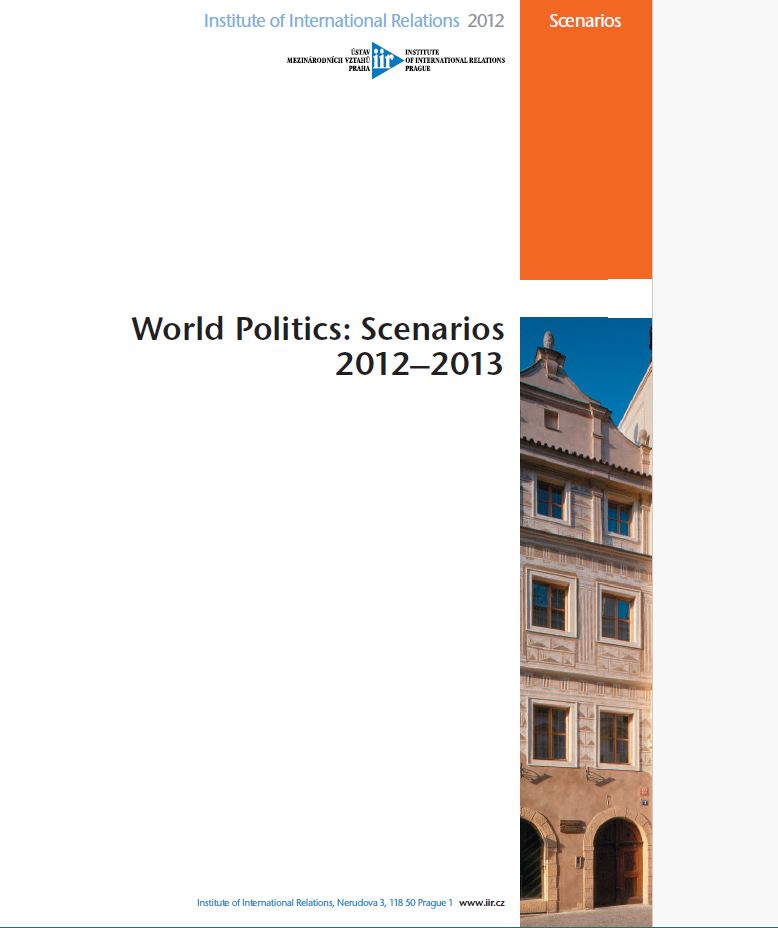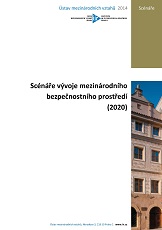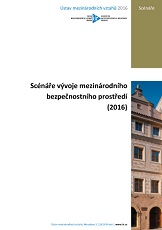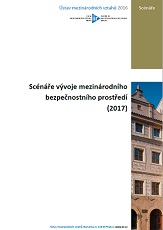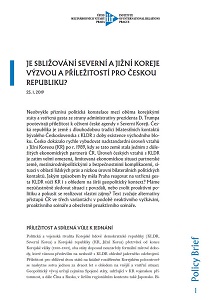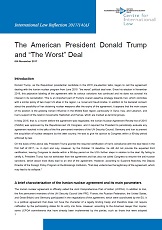
The American President Donald Trump and “The Worst” Deal
The American President Donald Trump and “The Worst” Deal
Keywords: Iranian Nuclear Agreement Review Act; Donald Trump;
In May 2015, that is, a month before the agreement was negotiated, the Iranian Nuclear Agreement Review Act of 2015 (INARA) was approved by the Republican-led US Congress, and it required the President to periodically evaluate any agreement reached in the talks of the five permanent members of the UN Security Council, Germany and Iran to prevent the acquisition of nuclear weapons by the latter country. He was to give his opinion to Congress within a 90-day period enforced by law.On the basis of the above law, President Trump granted the required certification of Iran's compliance with the deal twice in the first half of 2017, i.e. in April and July. However, by the October 13 deadline, he still did not provide the expected third certification, leaving Congress to decide within a 60-day period on the US's further steps in relation to the deal. By failing to certify it, President Trump has not withdrawn from the agreement and has also not called Congress to resume the anti-nuclear sanctions, which would most likely lead to an end of the agreement. However, according to Suzanne Maloney, the Deputy Director of the Foreign Policy Program at the Brookings Institution, "that step undermines the legitimacy of the agreement, which may lead to its collapse."
More...
